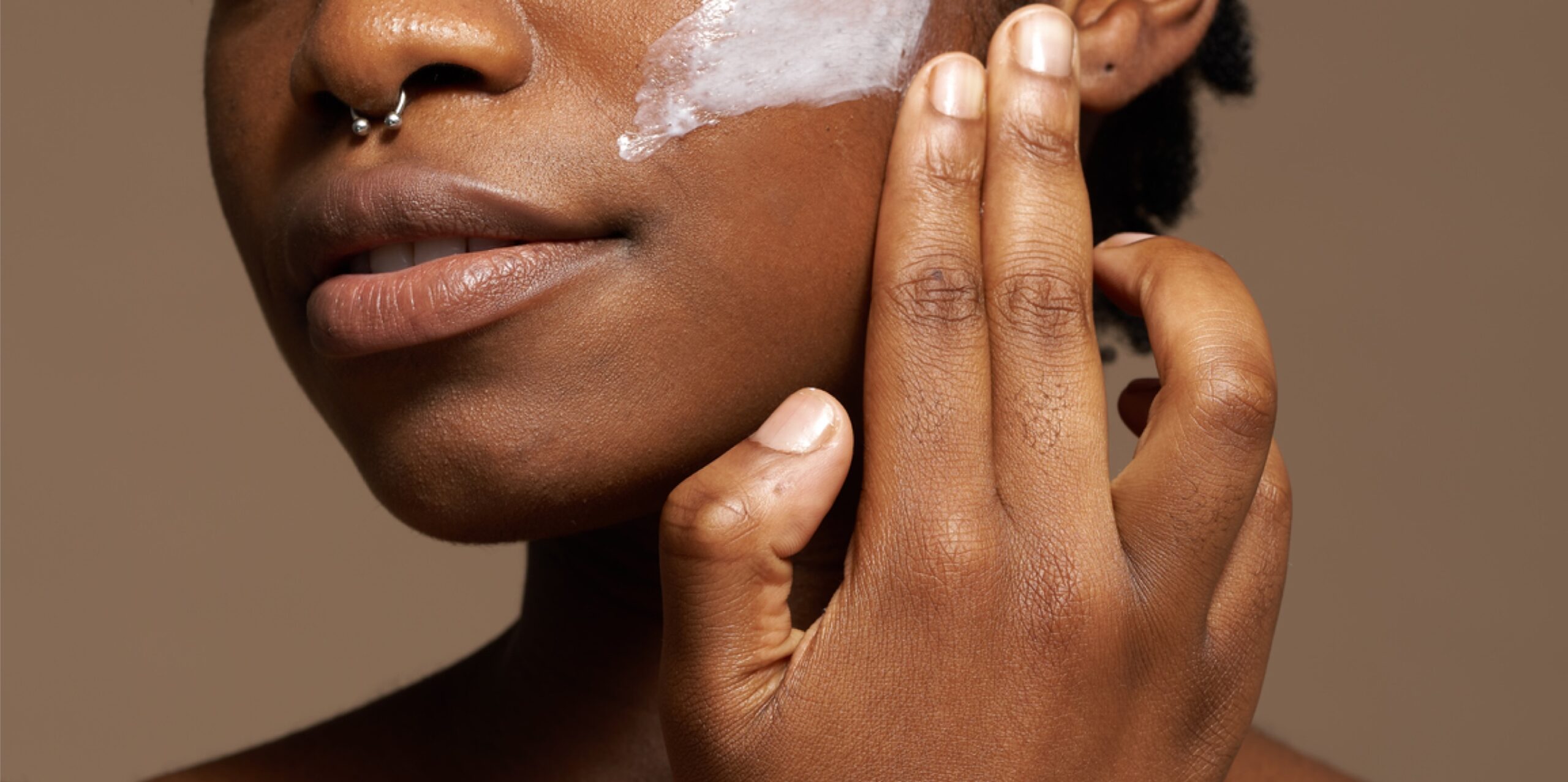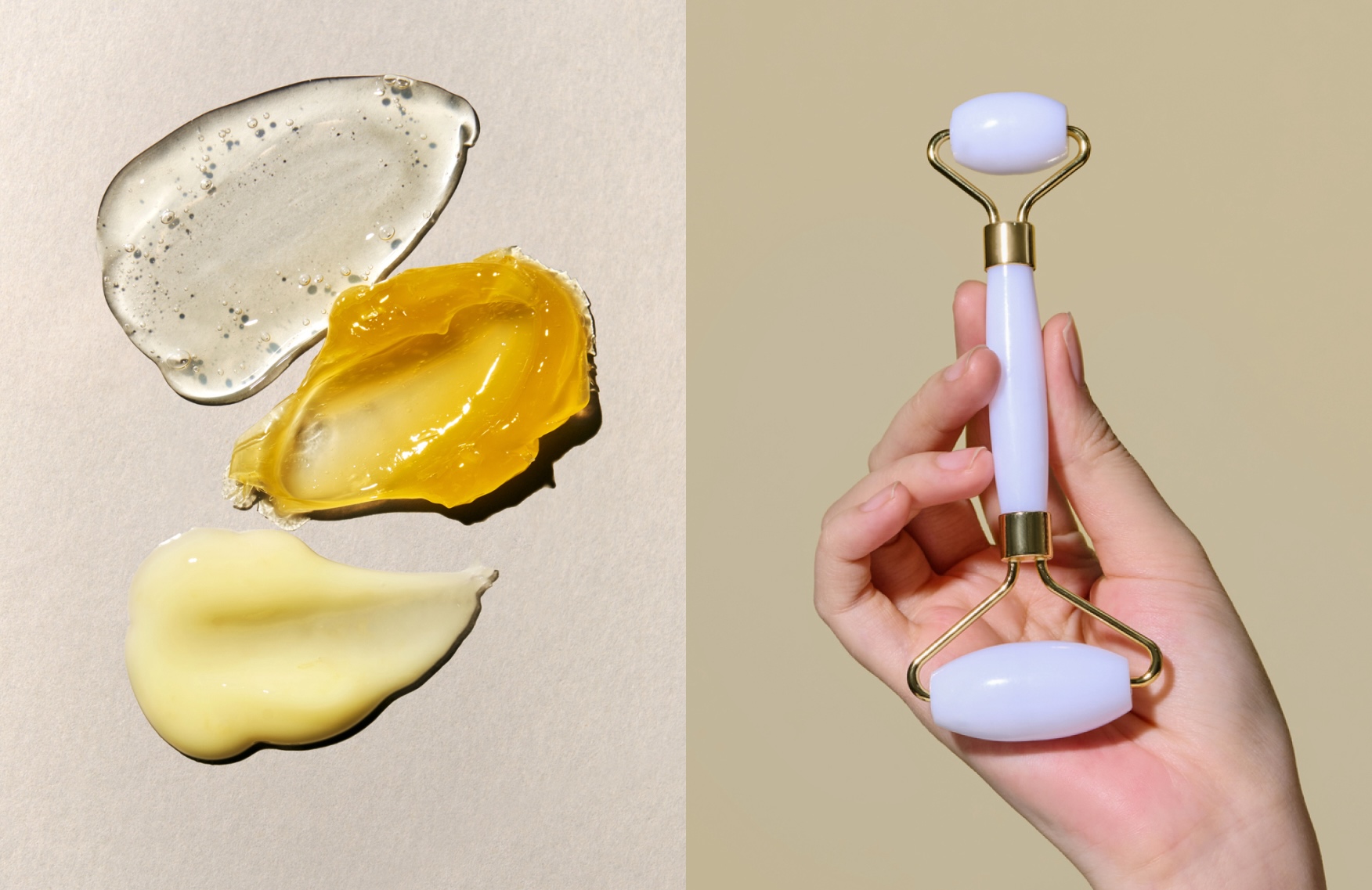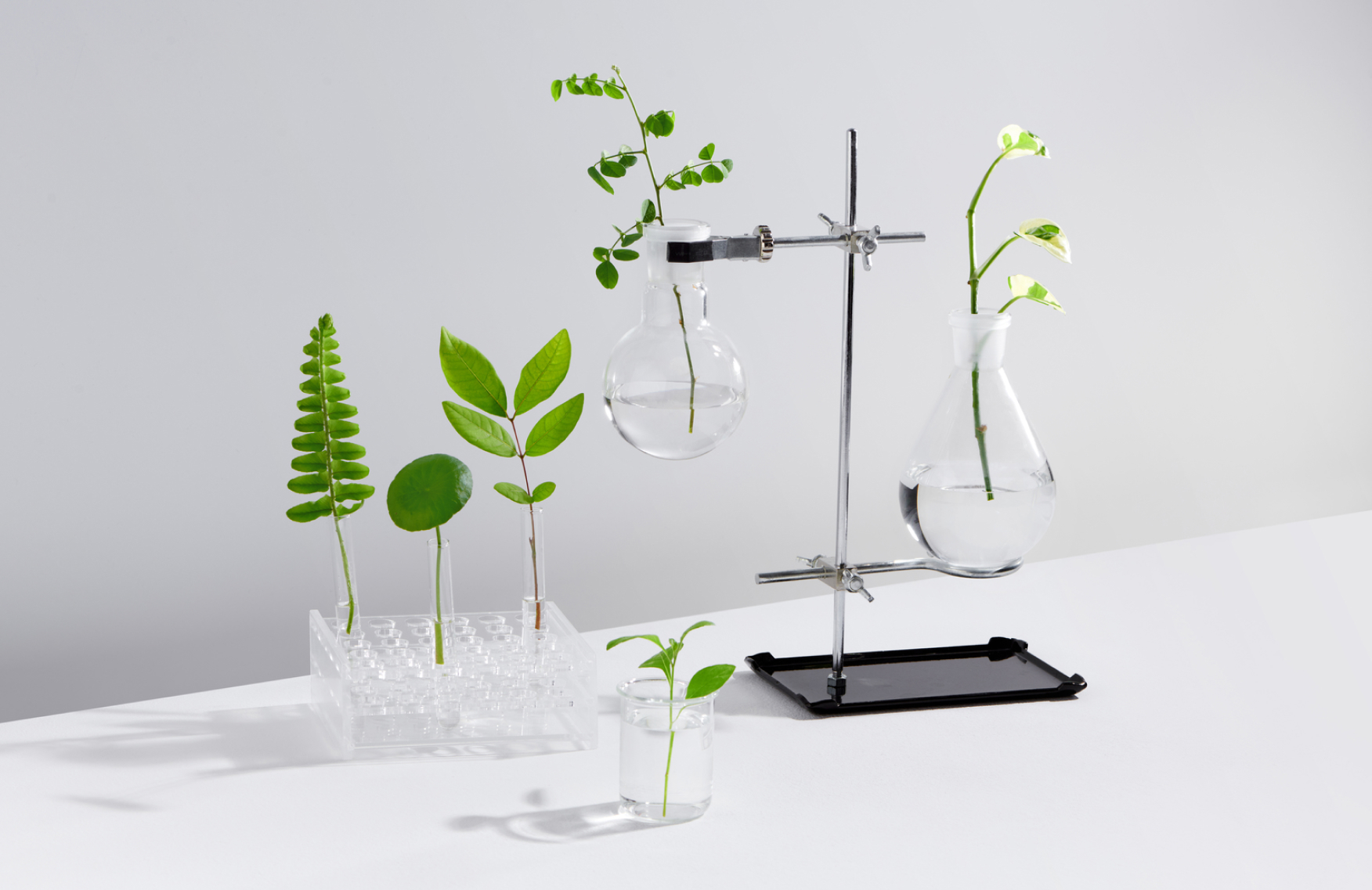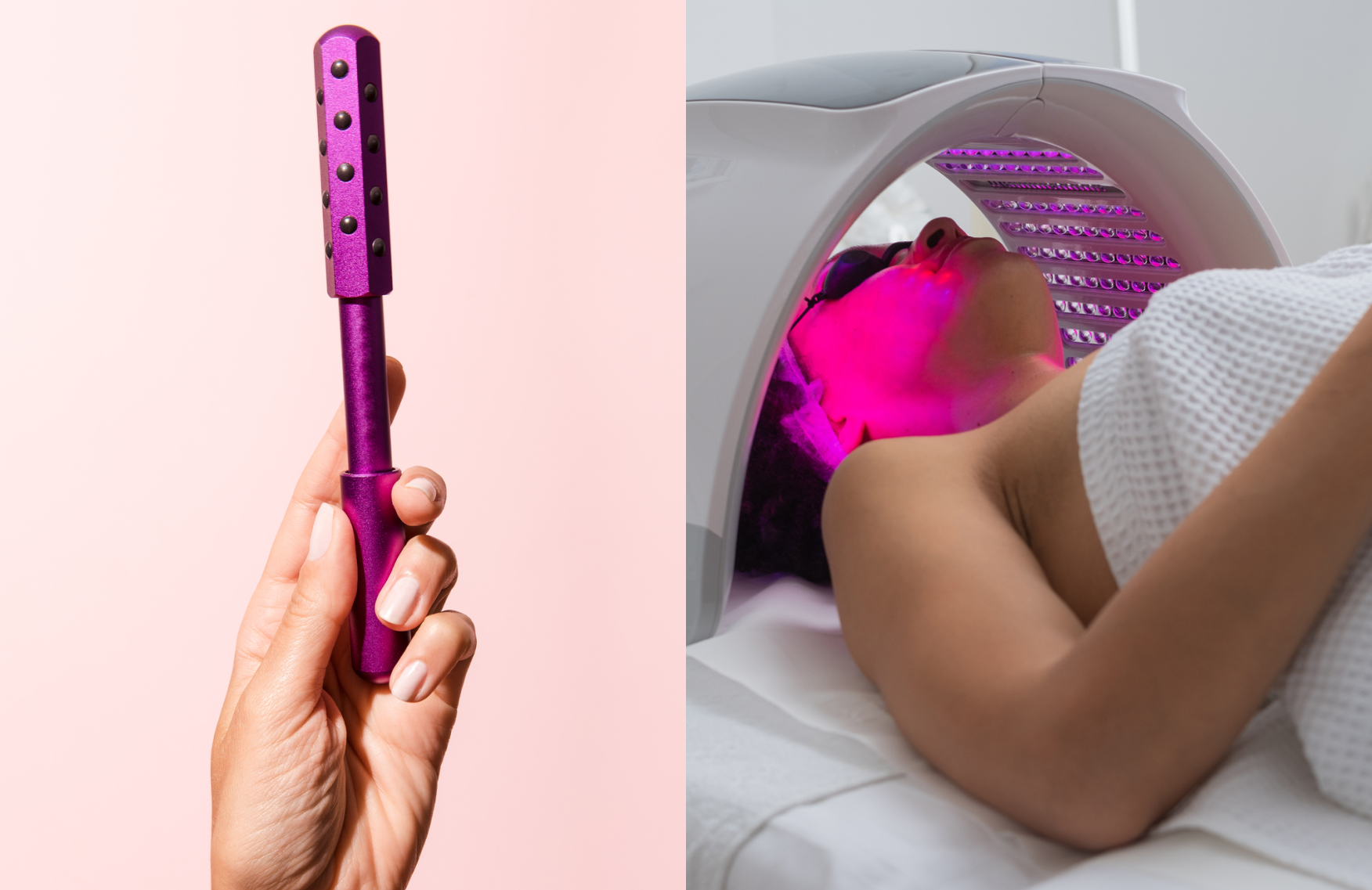Sunscreen surprise: Is your SPF to blame for your dry skin? Here’s how to know (and what to do about it)

If your face sunscreen leaves your skin feeling like an arid desert, it’s understandable why you might skip the SPF during your skincare routine. But giving up on sunscreen completely isn’t an option these days. In fact, leaving SPF out of your skincare rotation can weaken your skin barrier, which can then deplete the natural oils in skin—causing you to feel even drier than before. Rather than quitting sunscreen, look for an SPF that helps hydrate, in addition to shielding against known drying triggers like UV light. Follow our guide to discover the essential sunscreen moisturizer ingredients that blend well with SPF to combat dry skin.
Optimal ingredients in sunscreen for dry skin
Sunscreens have come a long way since their chalky, greasy days, thanks to improvements in mineral sunscreens and chemical sunscreens, as well as the broad spectrum protection available on each. To encourage daily wear, many sunscreens now function as a 2-in-1, delivering the kind of sophisticated ingredients you’d find in a serum or moisturizer.
When looking for a sunscreen for dry skin, be sure to check the ingredient list. Some of the most common (and most effective) moisturizing ingredients to look for in hydrating sunscreens may include:
- Ceramides are a type of fat molecule found naturally in the skin. They strengthen your skin barrier, help the surface of your skin retain water, and are overall important for your skin structure, hydration and health.
- Hyaluronic acid is a molecule that’s also naturally found in your body. In skincare, hyaluronic acid often functions as a humectant, meaning it helps your skin attract and hold moisture to keep it hydrated, supple and firm.
- Glycerin is also a humectant and helps draw water to your skin—both from the environment and from within your body.
- Vitamin C is often touted as a brightening solution for skin, but research shows it can also help with hydration by preventing water loss in the skin barrier.
- Plant oils and extracts like shea butter, grapeseed oil, avocado oil, jojoba oil and sunflower oil can provide powerful hydration as well as antioxidants and vitamins that help nourish your skin.
- Cetyl alcohol and cetearyl alcohol might give you pause when reading about hydrating ingredients. Consumers have often been told that alcohol in skincare will lead to dried out skin, but cetyl alcohol and cetearyl alcohol are actually fatty alcohols that can help soften, soothe, protect and prevent skin from drying out.
Now, a refresher on the must-know sunscreen basics
The American Academy of Dermatology (AAD) recommends using a body and facial sunscreen that has at least SPF 30 and provides broad-spectrum protection. Here’s a breakdown of what those key words mean:
- SPF = sun protection factor: The number of SPF in a sunscreen tells you how well it shields you from the sun’s rays, as well as blue light. According to the AAD, a sunscreen with SPF 30 should block up to 97% of the sun’s harmful UV rays.
- Broad-spectrum protection: Broad spectrum refers to sunscreen that protects against both UVA and UVB rays, two different kinds of radiation from the sun. Both can cause sunburns, premature aging and skin cancer, so it’s important to find a sunscreen that covers it all.
These UVA and UVB rays affect your skin at a cellular level, causing damage that can lead to premature aging and, ultimately, even skin cancer. While you may not notice them at first, the effects of sun exposure can accumulate over time and cause changes in your skin’s outward appearance, including:
- Changes in skin pigmentation, including dark spots
- Premature fine lines and wrinkles
- Loss of skin tone and elasticity
- Skin that feels rough and uneven
Not to mention, research by the U.S. National Library of Medicine reveals that too much sun exposure can weaken your skin barrier and deplete the natural oils in your skin, thus leading to even drier skin. So if your skin can’t seem to get enough hydration, sunscreen with moisturizing properties is a must for skin health.
When you have dry skin, finding the best sunscreen to suit your skin type can be the key to wearing sunscreen daily or skipping it all together. Being mindful of what your face sunscreen consists of will not only keep your skin hydrated but also protected against harmful UV rays.
References for this information:
Yale Medicine Website, Fact Sheets
Proceedings of the National Academy of Sciences of the United States of America, 2012, volume 109, issue 42, pages 17111-17115
American Academy of Dermatology Website, Sunscreen FAQs
Cleveland Clinic Website, Healthy Library
Skin Cancer Foundation Website, Sun & Skin News
Journal of Drugs in Dermatology, 2020, volume 19, issue 4
The Journal of Clinical and Aesthetic Dermatology, 2014, volume 7, issue 5, pages 36-44
Clinical, Cosmetic and Investigational Dermatology, 2019, volume 12, pages 393-399
International Journal of Molecular Sciences, 2018, volume 19, issue 1
The views expressed in this article do not necessarily represent the views of Murad, and are for informational purposes only, even if the advice of physicians and medical practitioners are included. This article is not a substitute for professional medical advice, diagnosis or treatment, and should not be considered specific medical advice.


